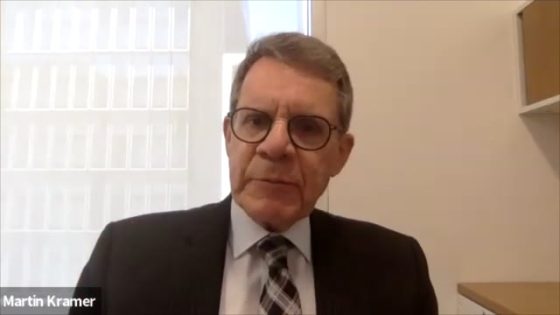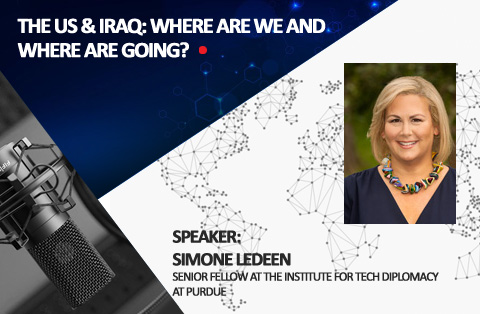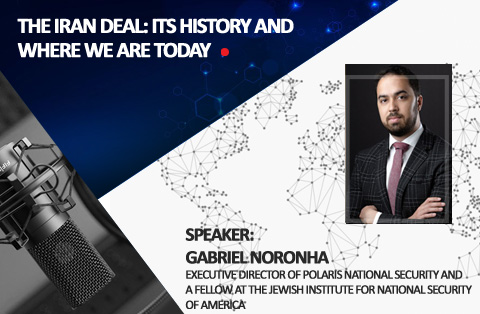Putting the free speech issues aside, the liberals who cheered the denunciations of the Jewish State at the Brooklyn College BDS panel fail to understand that demonizing Israel undermines liberals in Israel—and encourages the radicals of the right. Accusations that Zionism is racism and attempts to compare Israel to the racist apartheid South African regime inflame and polarize, making peace more difficult to achieve.
A look at history makes this clear. What follows is the first of two excerpts fromMoynihan’s Moment: America’s Fight Against Zionism as Racism (with permission from Oxford University Press, 2013, all rights reserved), in which I show that advocates for a two-state solution should see delegitimizing Israel as an obstacle to peace, radicalizing the region. (And yes, delegitimizing Palestinians is equally harmful, but not the subject of this work.)
After the United Nations General Assembly passed Resolution 3379 declaring Zionism racism on November 10, 1975, Israel’s Prime Minister Yitzhak Rabin charged that the U.N. had lost all moral authority. Had they tried, the Arabs and Soviets could not have designed an initiative more likely to send Israelis scurrying into their psychological bunkers. Israel’s foreign minister Yigal Allon sent a telegram to Israel’s major diplomatic missions the day of the vote: “The United Nations Versus Zionism.” Openly evoking the Holocaust, Allon claimed that just as “the Nazis sought to make the Jew an ‘untermensch’ [a sub-human], the Arabs are trying to render Israel an ‘unterstaat’ [a sub-, or pariah-, state].” Compromise, self-criticism, malleability, and trust were all impossible, considering that the “United Nations had now officially sanctioned anti-Semitism, and on a global scale.”
At 7:10 p.m. on Thursday evening, November 14, three days after the resolution passed, a bomb exploded in the center of Jerusalem, near Zion Square on Jaffa Street. Bodies were catapulted into the air. Three young couples, ranging from fifteen to seventeen years old, three boys, three girls, strolling along, were killed, with more than forty people wounded. As the Popular Democratic Front for the Liberation of Palestine celebrated the slaughter, Wafa, the Palestinian press service, spread the terrorist communiqué boasting of “a heroic and daring operation…resulting in a large number of casualties among the settlers.” The term “settler” was not yet used broadly as a pejorative among most Westerners, but for Palestinians it referred to all Israelis. Encouraged by the U.N., a PLO spokesman at Turtle Bay responded to the bombing: “This assembly confirmed the legality of the Palestinians [using] armed struggle in order to liberate their country and to combat domination.”
Further proving the expression, in both Hebrew and Arabic, that knives sharpen knives, Resolution 3379 broke the Labor government’s resistance to the burgeoning settler movement. Left-wingers seeking concessions felt abandoned, while right-wingers felt persecuted, that the world was against them. Yisrael Galili, a minister without portfolio, sought a “fitting response” to the U.N. in the settlement committee he chaired. The committee authorized more settlements, as many as thirty in the next year and a half.
The neo-Messianic Gush Emunim—”Bloc of the Faithful”—movement, hoping to expand the thin band of security settlements Israel established in the West Bank, had tried repeatedly to settle Sebastia, ancient Israel’s capital in Samaria. Since 1967 no Israelis had settled there, in the Northern West Bank. On November 25, 150 activists tried again, brandishing signs proclaiming: THE PROPER ANSWER TO THE U.N. AND ALL ISRAEL HATERS IS SETTLING IN ALL PARTS OF THE WHOLE LAND OF ISRAEL. Soldiers removed them yet again.
On November 30, during the Hanukkah holiday, hundreds of Israelis marched on the ancient site. “You who see how the people of Israel is abandoned in the U.N.,” read one newspaper advertisement inviting more joiners, “you who feel the pain and humiliation of parts of the land of Israel emptied of Jews…join the great movement of the people of Israel returning home.” A young attorney and Likud Knesset member, Ehud Olmert, called settling Sebastia the Zionist response to the U.N. In the center of what passed for a road in the primitive settlement, someone hung a homemade sign, “Zionism Avenue.”
On this, Gush Emunim’s eighth try to settle Sebastia, Rabin capitulated, fearing a confrontation during the worldwide solidarity conference convened in Jerusalem responding to Resolution 3379. Defense Minister Shimon Peres, whose own government was being defied, proclaimed: “This is the Zionist and Israeli answer to the recent U.N. resolutions.” Sebastia became the first of many ideological settlements, and the first in Samaria. The resolution changed Israeli history. The author Yossi Klein Halevi explains: “Gush Emunim’s greatest triumph coincided with the precise moment when most Israelis felt that the world had once again become a hostile place.”
“The mood of the country is hysterical,” the Republican power broker Max Fisher told President Ford. “I have never seen it so bad.”
Similarly—and I do not believe it is coincidental—the Oslo Peace Process would only begin after the U.N. repealed the Zionism is racism resolution in 1991.




